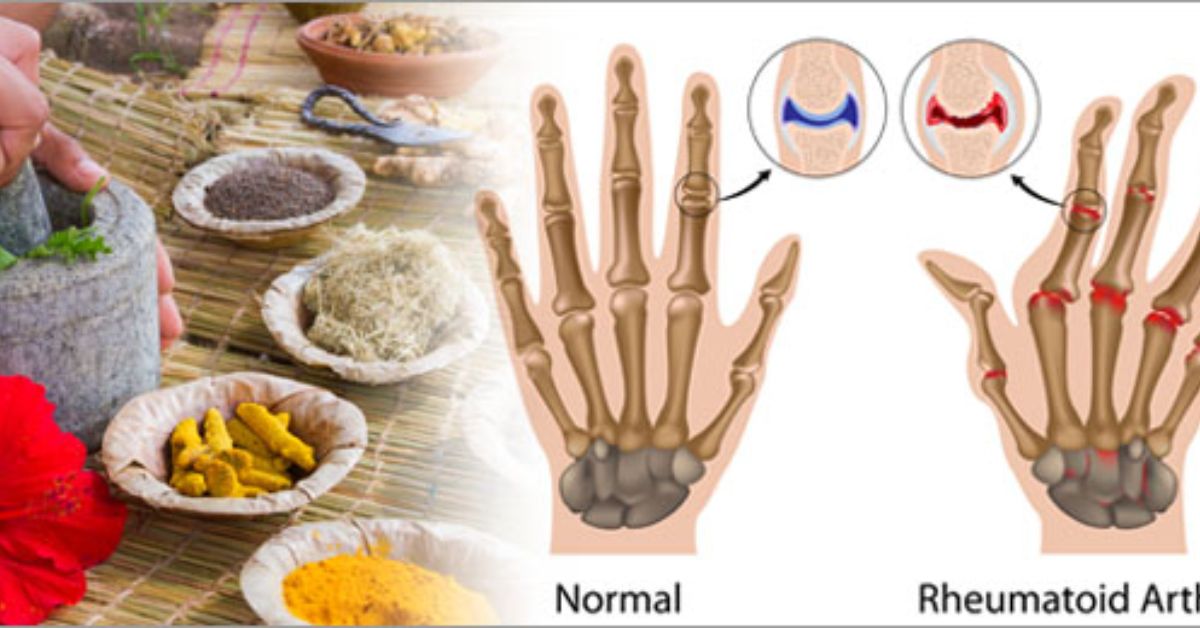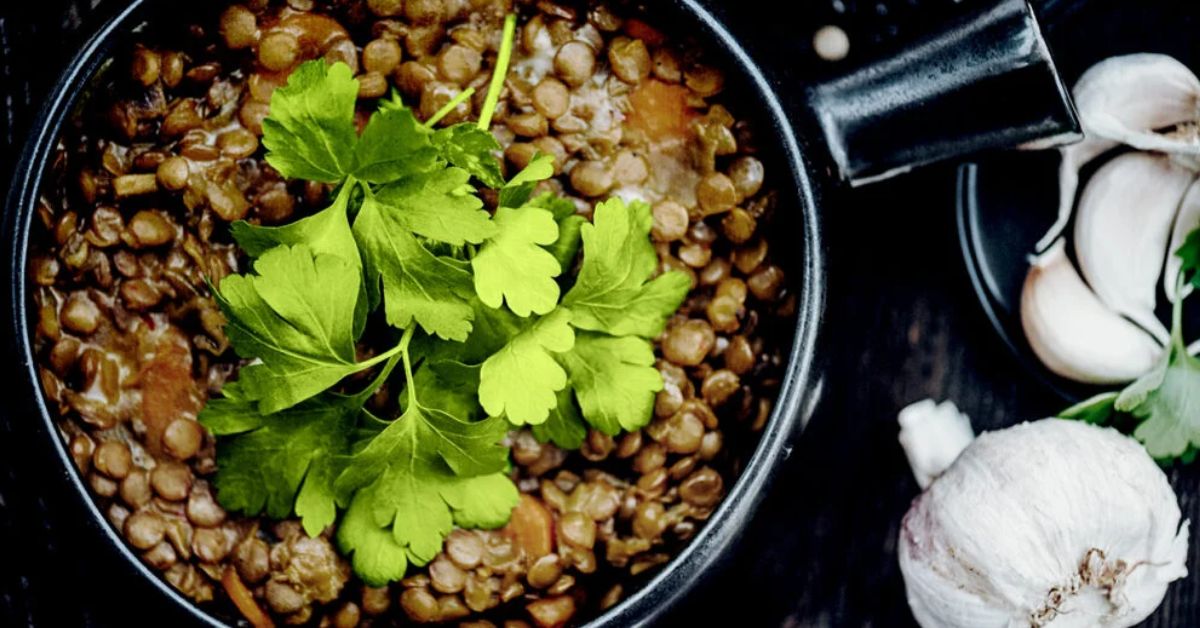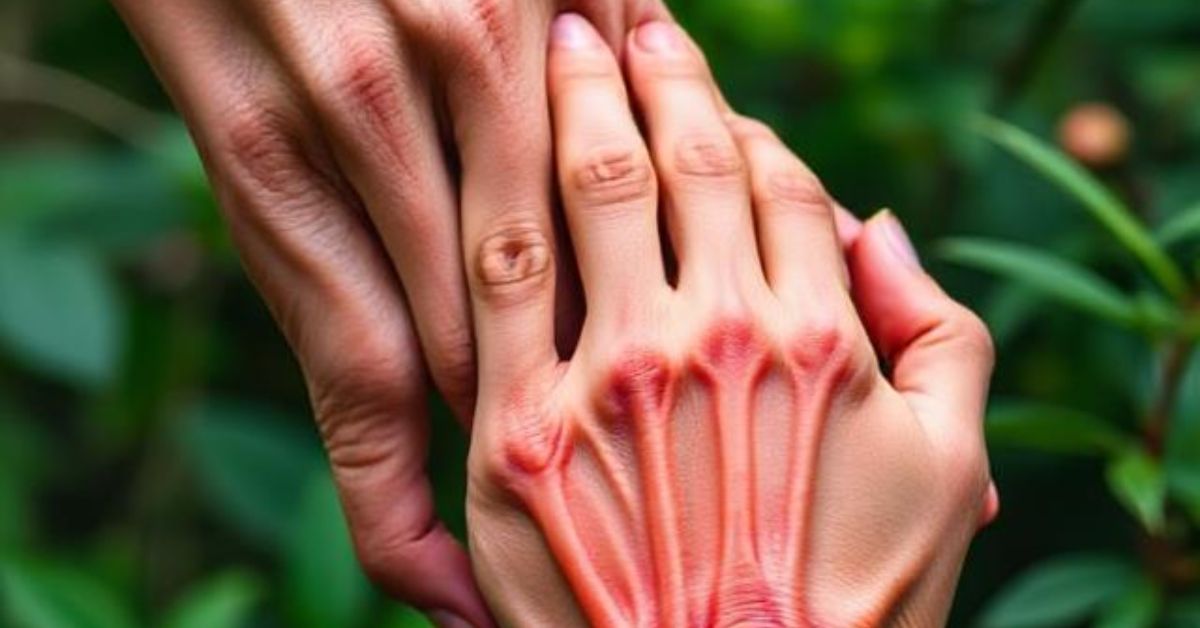Millions of people worldwide have Arthritis, a disorder that causes joint stiffness, pain, and inflammation. Regarding mobility and quality of life, osteoarthritis, rheumatoid Arthritis, or gout can all be significant. While conventional medicine often relies on painkillers and anti-inflammatory drugs to manage symptoms, many individuals are seeking natural, holistic alternatives that not only address the symptoms but also promote long-term joint health.
This is where Ayurveda, an ancient system of medicine from India, comes into play. Rooted in the belief that the body’s health is deeply connected to balance, Ayurveda offers a natural, holistic approach to managing Arthritis. It focuses on treating the condition’s root cause rather than merely alleviating symptoms, emphasizing personalized treatment through diet, herbs, lifestyle changes, and therapies. In Ayurveda, Arthritis is not just viewed as a physical ailment but as a manifestation of imbalances within the body’s energy systems (known as doshas).This essay will look at arthritis ayurveda possible advantages. Manage ayurveda arthritis by addressing its underlying causes, offering natural remedies, and promoting a balanced lifestyle for overall joint health.
What is Ayurveda?
Ayurveda is an ancient natural medication system first used more than 5,000 years ago in India. The word “Ayurveda” comes from Sanskrit, meaning “science of life” (Ayur = life, Veda = knowledge). It emphasizes a balance between body, mind, and spirit to promote health and prevent illness.
Ayurveda is based on three doshas—Vata, Pitta, and Kapha—biological energies throughout the human body and mind. Each person’s physical and mental traits are determined by their blend of these doshas. CBD The Potent Treatment for Arthritis Treatments in Ayurveda may include herbal remedies, dietary changes, yoga, meditation, and detox practices like Panchakarma.Ayurveda aims to treat diseases and maintain a harmonious lifestyle that supports long-term well-being.
Types of Arthritis

Joint inflammation is commonly referred to as arthritis. There are over 100 types of Arthritis, each with its causes, symptoms, and treatment methods. arthritis in ayurveda The most common types include:
Osteoarthritis (OA):
Osteoarthritis is the most common form of Arthritis, especially in older adults. It occurs when the bone ends are shielded by cartilage. Deteriorates over time. This leads to pain, swelling, stiffness, and reduced joint flexibility. OA often affects weight-bearing joints like the knees, hips, and spine.
Rheumatoid Arthritis (RA):
An inflammatory condition called rheumatoid arthritis occurs when the body’s defences unintentionally target the lining of the joints (synovium). This causes inflammation, What is Ayurveda pain, swelling, and eventually joint deformity. RA can affect multiple joints simultaneously and may also impact other organs, such as the lungs or eyes.
Psoriatic Arthritis:
Some people with psoriasis, a skin disorder, develop this kind of arthritis. Psoriatic arthritis results in swelling, stiffness, and discomfort in the joints and can affect any part of the body, including the fingers and spine. It may also cause nail changes, such as pitting or separation from the nail bed.
Gout:
Joint inflammation is commonly referred to as arthritis. usually affects the big toe and causes abrupt, intense pain. Additionally, ayurveda for arthritis it may impact the elbows, knees, and ankles. Gout is often linked to diet and lifestyle factors.
Ankylosing Spondylitis:
This is a chronic inflammatory arthritis that mainly affects the spine and the Sacroiliac joints. Over time, the vertebrae may fuse, causing a stiff spine.
A proper diagnosis and course of treatment—which may include medication, physical therapy, and lifestyle modifications—are crucial for properly managing arthritis.
Causes of Arthritis
arthritis cure ayurveda can develop from various causes, depending on the type of Arthritis. The leading causes include:
Wear and Tear (Osteoarthritis):
The most common cause of osteoarthritis is the gradual wear and tear of cartilage—the protective tissue at the ends of bones. This typically happens with age but can also result from joint injuries, overuse, or obesity, which puts extra stress on the joints.
Autoimmune Reactions (Rheumatoid and Psoriatic Arthritis):
Rheumatoid arthritis is one of the autoimmune forms of arthritis. (RA) Additionally, the immune system unintentionally targets healthy joints in psoriatic arthritis. tissues, causing inflammation, pain, and point damage. It is unknown what specifically caused this immunological malfunction. CannaMeds but genetics and environmental factors (like infections or smoking) may play a role.
Infections:
Certain types of Arthritis, such as infectious or septic arthritis, are caused by bacteria, viruses, or fungi that enter the joint. This can occur through injury, surgery, or infections elsewhere in the body.
Metabolic Issues (Gout):
Uric acid buildup in the blood is the cause of gout. Ayurvedic remedies This acid is produced crystals in the joints and causes intense pain and inflammation. This condition can be triggered by foods high in purines (like red meat and alcohol), obesity, or other problems.
Genetics and Family History:
A family history of arthritis can increase the chance of developing arthritis. Certain genes are linked to specific types of Arthritis, such as RA and ankylosing spondylitis.
Injury and Overuse:
Previous joint injuries or repetitive movements (common in athletes or specific jobs) can damage cartilage or joint structures over time and lead to Arthritis.
Understanding the root cause of Arthritis helps choose the proper treatment and manage symptoms effectively.
Ayurvedic Treatments for Arthritis

Ayurveda provides a comprehensive approach to treating arthritis by addressing the underlying causes and re-establishing the body’s equilibrium. According to Ayurveda, arthritis is frequently linked A disproportion in the Vata dosha, which regulates Treatment focuses on reducing inflammation, Ayurvedic Treatment for Depression improving digestion, detoxifying the body, and strengthening the joints.
Here are some common Ayurvedic treatments for Arthritis:
Herbal Remedies:
Several herbs are used in Ayurveda to reduce inflammation and pain:
- Ashwagandha – helps reduce inflammation and strengthens the immune system.
- Guggulu – is known for its anti-inflammatory properties.
- Curcumin, found in turmeric (haldi), has potent anti-inflammatory properties.
- Shall ki (Boswellia) relieves joint pain and improves mobility.
Panchakarma Therapy:
Panchakarma is a cleansing and detoxification process used in Ayurveda to remove toxins (ama) from the body. It includes therapies like:
- Abhyanga (herbal oil massage)
- Swedana (steam therapy)
- Basti (medicated enemas) These treatments help reduce stiffness, nourish joints, and restore dosha balance.
Diet and Lifestyle Changes:
A Vata-pac flying diet is recommended: warm, Nourishing, and easy-to-digest foods. Avoid cold, dry, and processed foods. Drinking warm herbal teas and staying hydrated also help. Regular gentle exercises like yours are encouraged to improve flexibility and reduce joint stiffness.
Ayurvedic Oils and External Applications:
Medicinal oils like Mahanarayan oil and Dhanwantharam oil are used for massage to ease joint pain and improve circulation.Ayurvedic treatment is personalized based on the individual’s body constitution (Prakriti) and the type of Arthritis. It aims to relieve symptoms and promote long-term healing and balance.
Best Diet for Arthritis
By lowering inflammation, preserving a healthy weight, and offering vital nutrients, a nutritious, well-balanced diet can help manage arthritis. nutrients that support joint health. Here are the key components of the best diet for Arthritis:
Anti-inflammatory Foods
- Fatty Fish: Salmon, mackerel, sardines, are Packed with omega-3 fatty acids, which may help reduce inflammation.
- Fruits and Vegetables: Berries, spinach, kale, broccoli, and carrots are packed with antioxidants, vitamins, and fibre. These nutrients help protect joints and support overall health.
- Whole Grains: Brown rice, quinoa, oats, and whole wheat reduce levels of C-reactive protein (CRP), an inflammation marker in the body.
Healthy Fats
- Olive Oil: Anti-inflammatory chemicals can be found in extra virgin olive oil.
- Nuts and Seeds: Rich sources of fibre and good fats include almonds, walnuts, flaxseeds, and chia seeds.
Calcium and Vitamin D
These nutrients are essential for bone health. Include:
- Dairy products (if tolerated)
- Leafy greens like kale and collards
- Fortified plant milks
- Sunlight exposure for natural vitamin D
Foods to Avoid
- Processed and Fried Foods: These increase inflammation and may worsen arthritis symptoms.
- Sugar and Refined Carbs: White bread, Arthritis Ayurvedic Treatment soda, and sweets can spike inflammation.
- Red Meat and Saturated Fats Can increase inflammatory markers.
- Excess Salt and Alcohol: These may trigger joint pain or swelling.
Hydration
To keep joints lubricated and aid in the removal of toxins, drink lots of water.
People with arthritis can greatly enhance their quality of life by managing their stress, keeping up a nutritious diet and doing frequent exercise.
Tips for Getting the Most Out of Your Ayurvedic Treatments

Ayurvedic treatment for arthritis offer a holistic path to healing, focusing on body, mind, and spirit balance. Consistency and lifestyle alignment are key to experiencing the full benefits. Here are some effective tips to get the most out of your Ayurvedic journey:
Know Your Dosha
Understanding your unique body constitution (Vata, Pitta, or Kapha) helps personalize your treatments, diet, and daily routine. Ayurvedic practitioners can guide you through this process.
Follow the Recommended Diet
Ayurveda strongly believes in food as medicine. Eat fresh, seasonal, and dosha-balancing foods. Avoid price-sed, cold, or incompatible foods that can create toxins (ama) in the body. Chew slowly and eat mindfully.
Stick to a Daily Routine (Dinacharya)
Establish a daily routine, including waking up early, oil pulling, self-massage (abhyanga), meditation, and regular mealtimes. Consistency brings balance to the body and mind.
Stay Hydrated with Warm Fluids
Sip warm water or herbal teas daily to support digestion and flush out toxins. Avoid cold drinks, especially during meals.
Practice Yoga and Meditation
Incorporate yoga asanas, pranayama (breathing exercises), and meditation into your daily regimen to ease flexibility, lower stress levels, and support healing from wi hin.
Be Patient and Consistent
arthritis treatment in ayurveda healing is gentle and gradual. It assesses the root cause, not just the symptoms, so results may take time. Medizen Medical Cannabis 4000 mg Trust the process and stay committed.
Work with a Qualified Practitioner
Regular consultations with an experienced Ayurvedic doctor ensure your treatment stays effective and adjusts to your changing needs.
Aligning your lifestyle with can ayurveda cure arthritis principles can enhance the effectiveness of treatments and allow you to enjoy lasting health and balance.
Conclusion
Millions of people worldwide have arthritis, a complicated disease that causes pain, stiffness, and reduced mobility. While modern medicine offers effective treatments, Ayurveda provides a natural and holistic approach to managing arthritis by focusing on the root causes and restoring balance in the body. With personalized therapies, herbal remedies, dietary guidance, and lifestyle practices, arthritis ayurvedic treatment aims to reduce inflammation, strengthen joints, and improve overall well-being.
By understanding your body type (dosha), following a balanced diet, staying active through yoga, and working closely with an Ayurvedic practitioner, you can experience long-term relief and improved quality of life. Patience, consistency, and a commitment to holistic health are key to getting the most out of Ayurvedic treatments.Embracing Ayurveda not only helps manage Arthritis but also supports a healthier, more mindful lifestyle.
FAQ
What is the best Ayurvedic treatment for Arthritis?
Ayurvedic treatment varies depending on your body type and the type of Arthritis. Standard therapies include herbal remedies like Ashwagandha and Guggul, Panchakarma detox, Abhyanga (oil massage), and a Vata-balancing diet.
Can Ayurveda completely cure Arthritis?
Ayurveda focuses on managing Arthritis by addressing the root causes, reducing inflammation, and restoring balance. While it may not completely “cure” chronic arthritis, it can considerably lessen symptoms and enhance quality of life.
How long does Ayurvedic treatment for Arthritis take to show results?
Results vary from person to person. Some people notice improvements in a few weeks, while others may take a few months. Consistency, proper diet, and lifestyle changes are essential for effective results.
Do Ayurvedic medications have any adverse effects?
Most Ayurvedic medicines are natural and safe when prescribed by a qualified practitioner. However, self-medicating or using unverified products can lead to side effects. Always consult a professional before starting treatment.
What foods should I avoid if I have Arthritis?
Avoid processed foods, red meat, fried foods, refined sugars, and excessive salt. Also, avoid cold and stale foods, which can aggravate joint pain, especially in Vata-type arthritis.
Can I take Ayurvedic treatment along with modern medicine?
Indeed, Ayurvedic remedies are frequently used with modern medicine, but it’s important to inform both your doctors. A coordinated approach helps avoid drug interactions and ensures safe, effective care.4o


